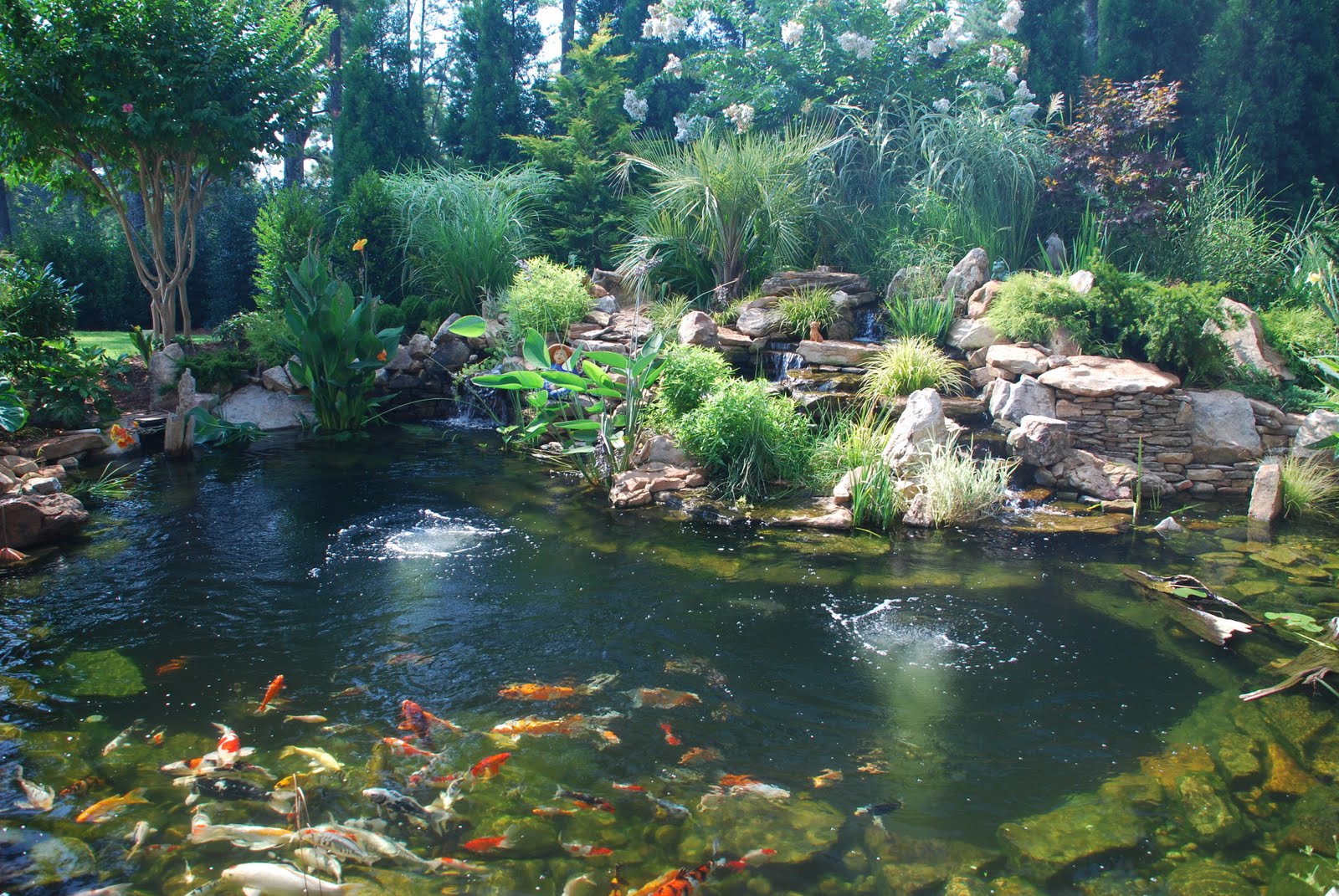
Bulk Koi Pond Food: A Complete Guide to Choosing and Feeding Your Fish
Introduction
Koi are one of the most popular and fascinating fish to keep in backyard ponds. These beautiful creatures come in a variety of colors, patterns, and sizes, and can live for decades with proper care. When it comes to feeding your koi, choosing the right food is crucial to their health and wellbeing. Buying koi pond food in bulk can be a cost-effective way to ensure your fish have the nutrients they need, and in this guide, we’ll cover everything you need to know about selecting and feeding bulk koi pond food.
Why Choose Bulk Koi Pond Food
Buying koi pond food in bulk can be beneficial for several reasons. First, it can save you money in the long run compared to buying small amounts of food over time. Second, it ensures that you always have enough food on hand, reducing the risk of running out and potentially compromising the health of your fish. Finally, bulk koi pond food typically comes in larger pellet sizes that are better suited for the larger mouths of koi.
Types of Koi Pond Food
Before purchasing bulk koi pond food, it’s important to understand the different types of food available and their respective nutritional value. The main types of koi pond food include:
1. Pellets
Pellets are the most common type of koi pond food and can come in a range of sizes and flavors. The size of the pellet should match the size of your fish’s mouth to ensure they can swallow them easily. Pellets are often made with a combination of fishmeal, shrimp meal, and plant proteins and can be a great source of protein and vitamins for your koi.
2. Flakes
Flakes are another popular type of koi pond food, but they are not ideal for bulk purchases. Flakes tend to break down easily, and their nutritional value can be compromised over time. Additionally, flakes can make a mess in the pond and affect the water quality.
3. Color-Enhancing Food
If you want to bring out the vibrant colors of your koi, color-enhancing food can be a great option. These foods typically contain spirulina, krill, and astaxanthin, which can enhance the reds, oranges, and yellows in your fish’s coloring.
Nutritional Requirements
Koi have specific nutritional requirements to maintain optimal health and wellbeing. A proper diet should include:
- Protein: Koi need a high-protein diet to support their growth and development. Look for foods with at least 30% protein.
- Carbohydrates: Koi can also metabolize carbohydrates, which are important for energy. Good sources of carbohydrates include wheat germ and corn.
- Vitamins and Minerals: Koi require a variety of vitamins and minerals, including vitamin C, vitamin D, and iron, among others. These can be found in many bulk koi pond foods.
- Fats: Koi require some fat in their diet, but it should not exceed 8% of their overall diet as it can lead to health problems.
Feeding Techniques
Feeding your koi can be a fun and rewarding experience, but it’s important to do it correctly. Overfeeding can lead to health problems, poor water quality, and even death. Here are some tips for proper feeding:
- Feed in small amounts: Koi have small stomachs and can only eat so much at once. Feed only what they can consume in 5-10 minutes, twice per day.
- Feed at consistent times: Koi thrive on routine, so try to feed them at the same time every day.
- Monitor water temperature: Koi’s metabolisms slow down in colder water, so adjust the amount you feed accordingly.
- Use a floating feeder: A floating feeder can help prevent food from settling on the bottom of the pond and affecting water quality.
Conclusion
Feeding your koi pond food in bulk can save you time and money while ensuring your fish receive the proper nutrients they need to thrive. When selecting bulk koi pond food, choose a high-quality food with a balance of protein, carbohydrates, vitamins, and minerals. Be sure to follow proper feeding techniques to avoid overfeeding and affecting water quality. With the right care and nutrition, your koi can live a long and healthy life in your backyard pond.